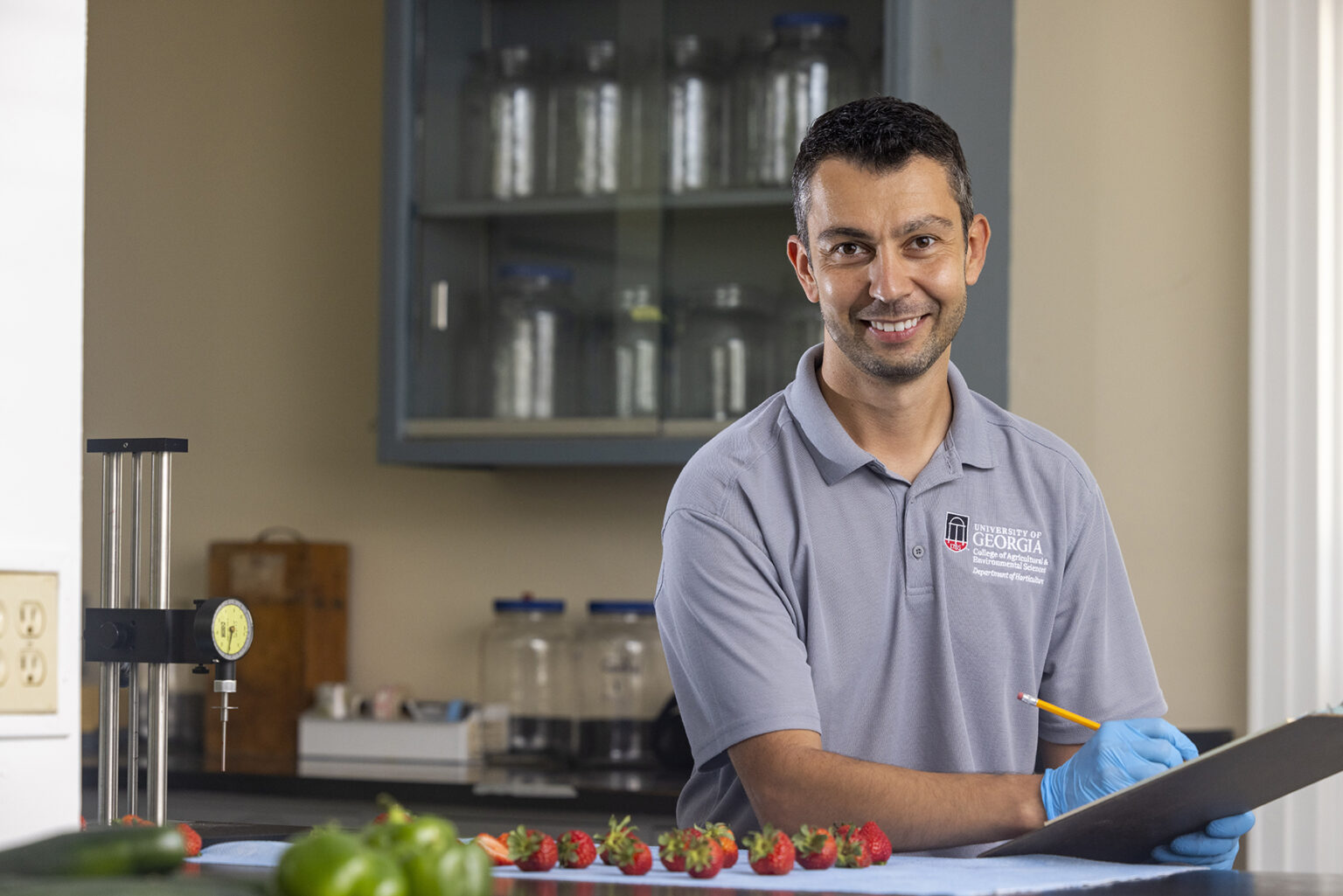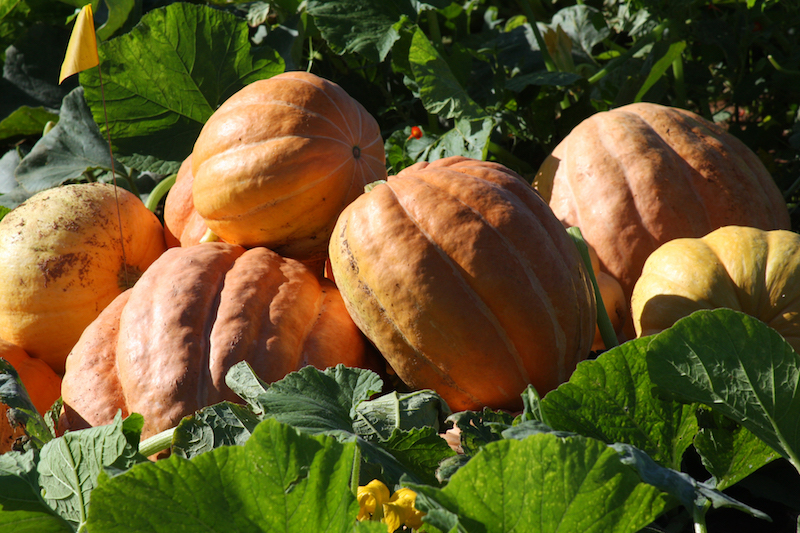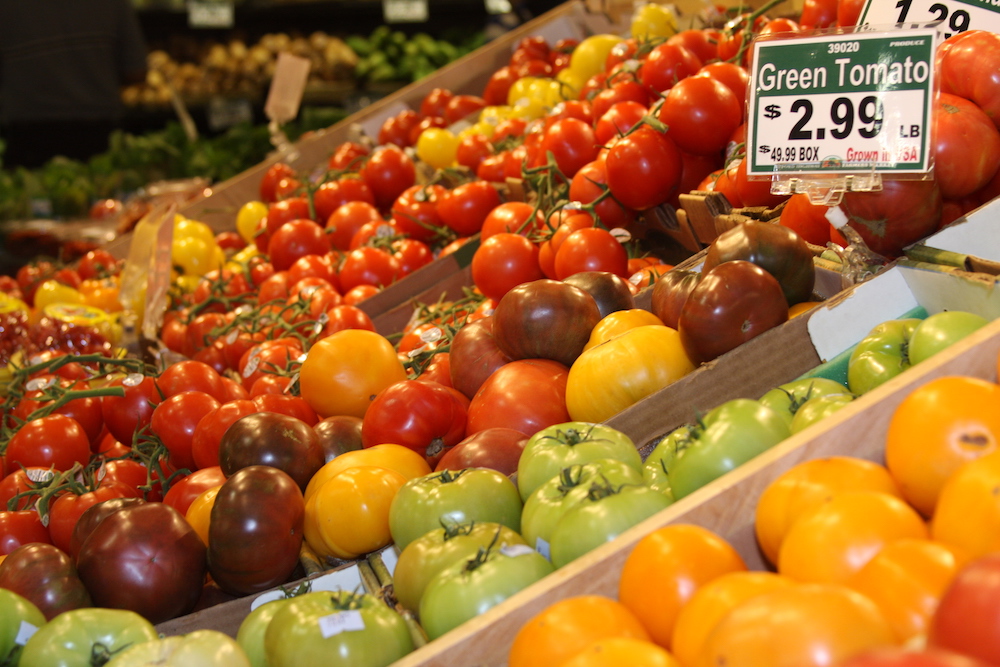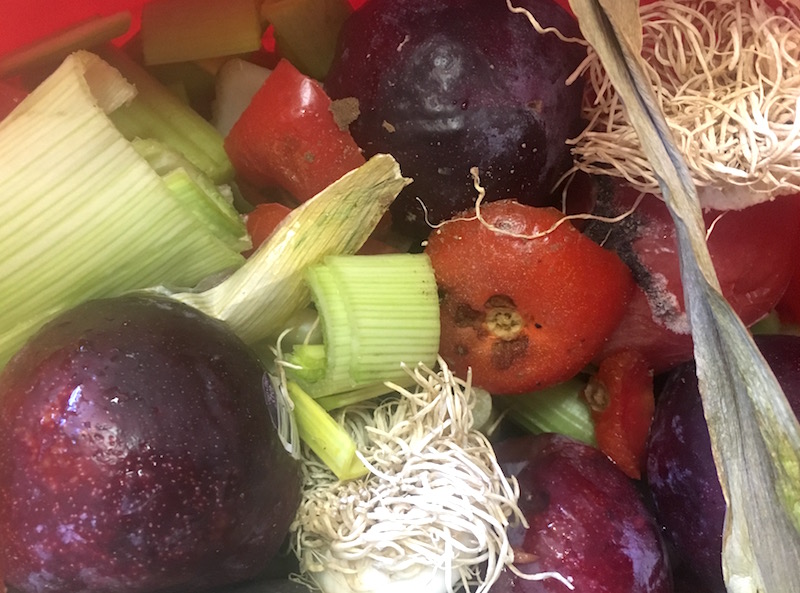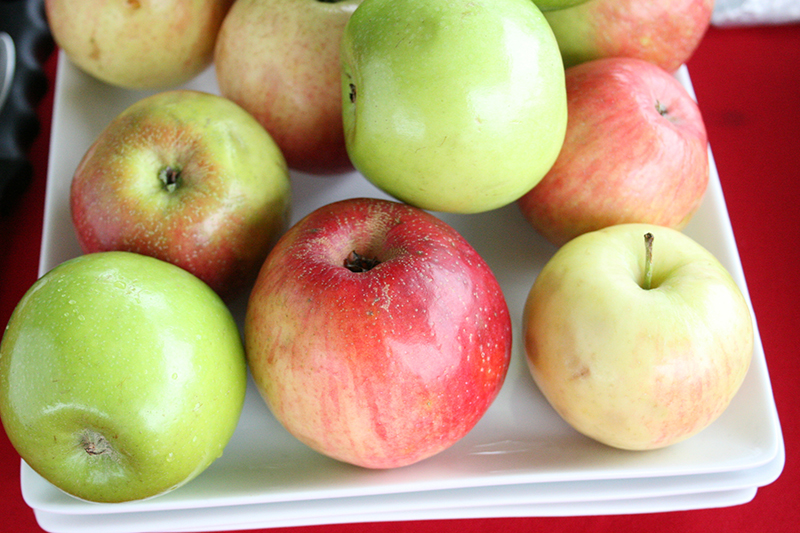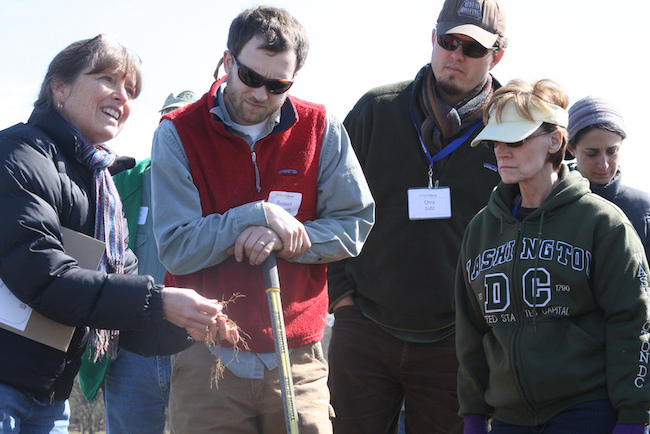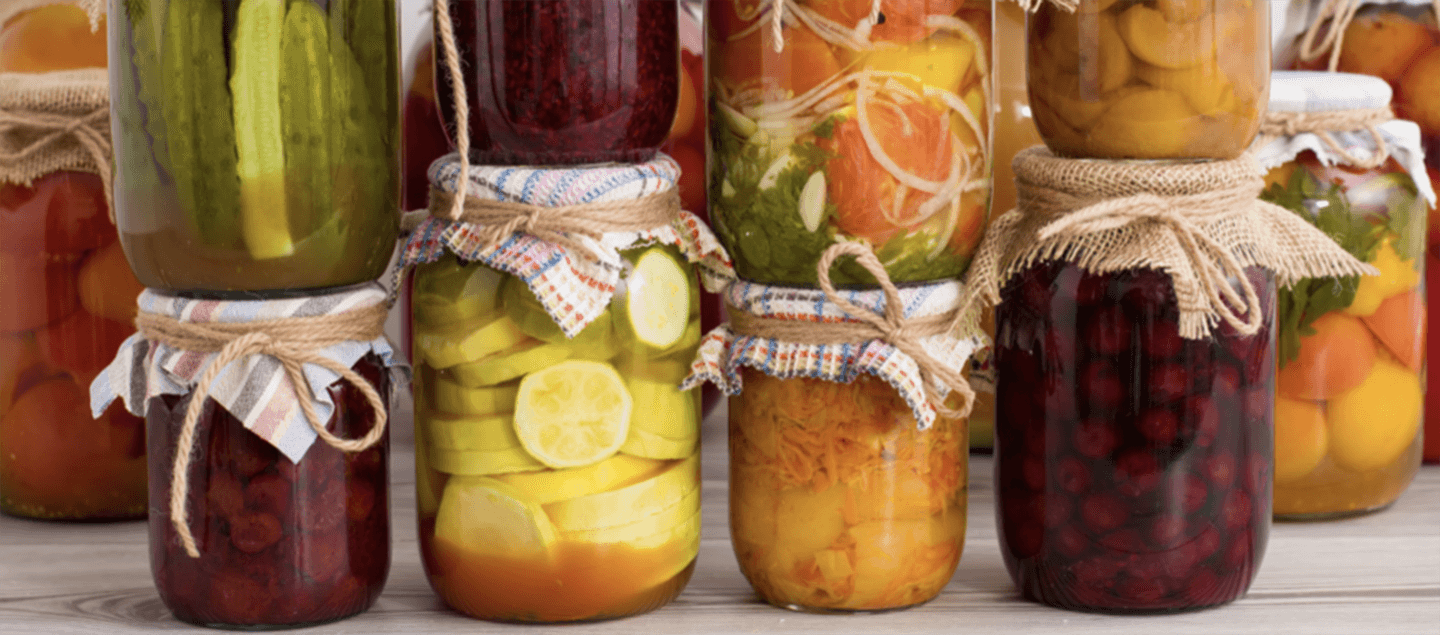 CAES News
CAES News
Home Food Preservation
Interest in preserving food can be driven by several factors, ranging from the pursuit of a hobby or recreational activity to continuing a family tradition to saving money. But does preserving food at home really save money? There are several variables involved, including the availability of raw materials such as produce and ingredients, equipment, resources and time.


.jpg)
